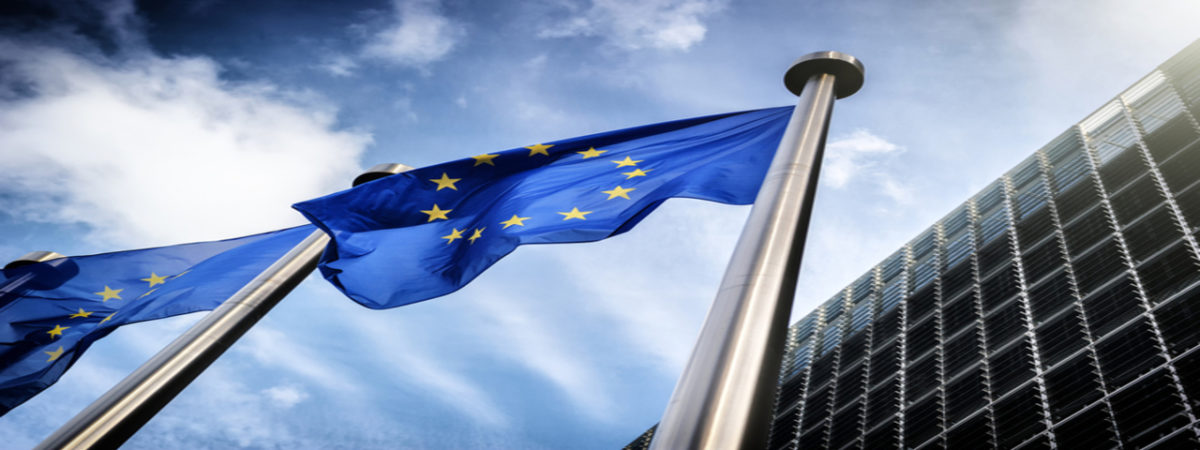Privatise the BBC commercially, argues IEA
SUGGESTED

Reaction to Government's pledged support of Tata Steel


New IEA report makes the case for privatising the BBC
In a new IEA report, authors call for the commercial privatisation of the BBC. The case for this is multi-faceted: technology and a changed commercial landscape have demolished the economic and practical arguments for the licence fee and the BBC’s privileged position, whilst the case for public service broadcasting is weaker than ever given increased competition through the internet.
New analysis of a number of case studies suggests the BBC exhibits relative biases in a number of areas. Though all media outlets are likely to have biases, the BBC’s is likely to be more problematic and change public opinion, given its trusted reputation, the inability for customers to withdraw payment and the fact it provides 75% of all televised news.
Problems with the BBC:
Bias by omission:
- Voices favouring Britain’s exit from the EU have tended to be under-represented on Radio 4’s Today Programme. From March 2004 to July 2015, there were 4,275 guest speakers on EU themes. Just 3% of these were explicitly in favour of Britain’s withdrawal from the EU. Seven in ten of these speakers were from UKIP, and over a third were Nigel Farage alone.
- During the official 2015 General Election campaign, 25 business speakers discussed the EU referendum on the Today Programme. Over three-quarters of these speakers saw the referendum as a worry or a threat to business, despite polling finding two thirds of businesses back the holding of a referendum.
Bias by selection:
- In a sample of 976 separate editions of Radio 4’s Thought for the Day, 167 included discussions on economics, business and finance. Two thirds (65%) expressed a negative opinion on capitalism, markets and business, whilst just 8% gave any sort of positive perspective. Negative commentary outweighed positive commentary by a factor of more than eight to one.
Bias by presentation:
- Value judgements: A BBC journalist described OBR forecasts that spending levels as a proportion of GDP would likely fall to levels last seen in the 1930s as a ‘book of doom’ and ‘utterly terrifying’. Not only have these figures been heavily criticised, but even if they were comparable, the forecasts would see the UK government spending the same proportion of GDP as Australia.
- Misinformation: A third (24 of 78) of stories on the BBC website between 2012 and 2015 that mentioned ‘Amazon’ and ‘tax avoidance’ conflated corporation tax paid by companies with sales revenues – which has nothing to do with the tax base for corporation tax which is profit.
- Health warnings: Think-tanks associated with conservative and free-market analysis are much more likely to receive ‘health warnings’ on the BBC News website than think-tanks associated with more left-leaning positions.
Declining justifications for the licence fee and public service broadcasting:
- Technological transformation means it is now straightforward to exclude non-payers from receiving television signals.
- Multiplicity of platforms and devices means there is no longer a clear relationship between owning a television set and watching programmes, which are now available on computers, phones and tablets.
- Televisions are now portable and used for a variety of activities. The notion of a definable tax base for the licence fee has broken down.
- The justification behind public service broadcasting is also declining. In reality there is a wealth of channels, programming and other content. Maybe people don’t watch as much educational content as others think desirable, but this that cannot be solved by simply subsidising the creation of more such content. The main channels of public service broadcasters have seen their share of viewers nearly halve since 1991.
Bringing the BBC into the 21st Century:
- The government should uncouple itself from the BBC and remove compulsory funding. In the era of programmes such as House of Cards, arguing that commercialisation leads to dumbing down is unconvincing. The BBC will also struggle going forwards without commercial freedoms; with just half of BskyB’s income, privatisation is needed for it to flourish on a global scale.
- Privatisation could not eliminate biases, but could lead to the viewing public becoming more appropriately sceptical. A privatised BBC would also bear a considerable commercial cost if its reputation were impaired.
- The BBC is fast becoming a minnow in international broadcasting, communication and entertainment world taken as a whole. If it remains nationalised it could become irrelevant. Already, the income from subscription to television broadcasters is twice the income from the licence fee received by the BBC.
- Other options include the BBC becoming a members’ organisation such as the National Trust, with members becoming licence fee payers. Alternatively it could be set up with a large trust fund and operate with a corporate governance structure. The Guardian, for example, is one of the most successful online journalism sources while being supported by a charitable trust.
Commenting on the report, Mark Littlewood, Director General at the Institute of Economic Affairs, said:
“The BBC needs a business and ownership model more appropriate than the one designed the best part of 100 years ago. Keeping a publicly funded broadcaster, with a Charter drafted by politicians, risks seeing the BBC eclipsed by new technology in the same way that Royal Mail has been eclipsed by email.
“The ending of the licence fee and the privatisation of the BBC would permit the BBC to compete freely and aggressively with other global media businesses.”
Notes to Editors:
For media enquiries please contact Stephanie Lis, Director of Communications: slis@iea.org.uk or 0207 799 8900 or 07766 221 268.
To download the full report, In Focus – The case for privatising the BBC, click here.
For more examples of BBC bias, click here.
This report is part of the Paragon Initiative – the IEA’s biggest-ever research programme. Across the next five years, we’ll:
• Analyse the failure of current polices through a far-reaching series of nearly 50 books and papers scrutinising every area of government activity
• Later in 2016, we’ll investigate child care, the state of social housing, government funding of the arts and more
• All backed by a co-ordinated and comprehensive programme of stimulating events, compelling ieaTV films and targeted communications reaching policymakers, practitioners and opinion-formers
The mission of the Institute of Economic Affairs is to improve understanding of the fundamental institutions of a free society by analysing and expounding the role of markets in solving economic and social problems.
The IEA is a registered educational charity and independent of all political parties.



